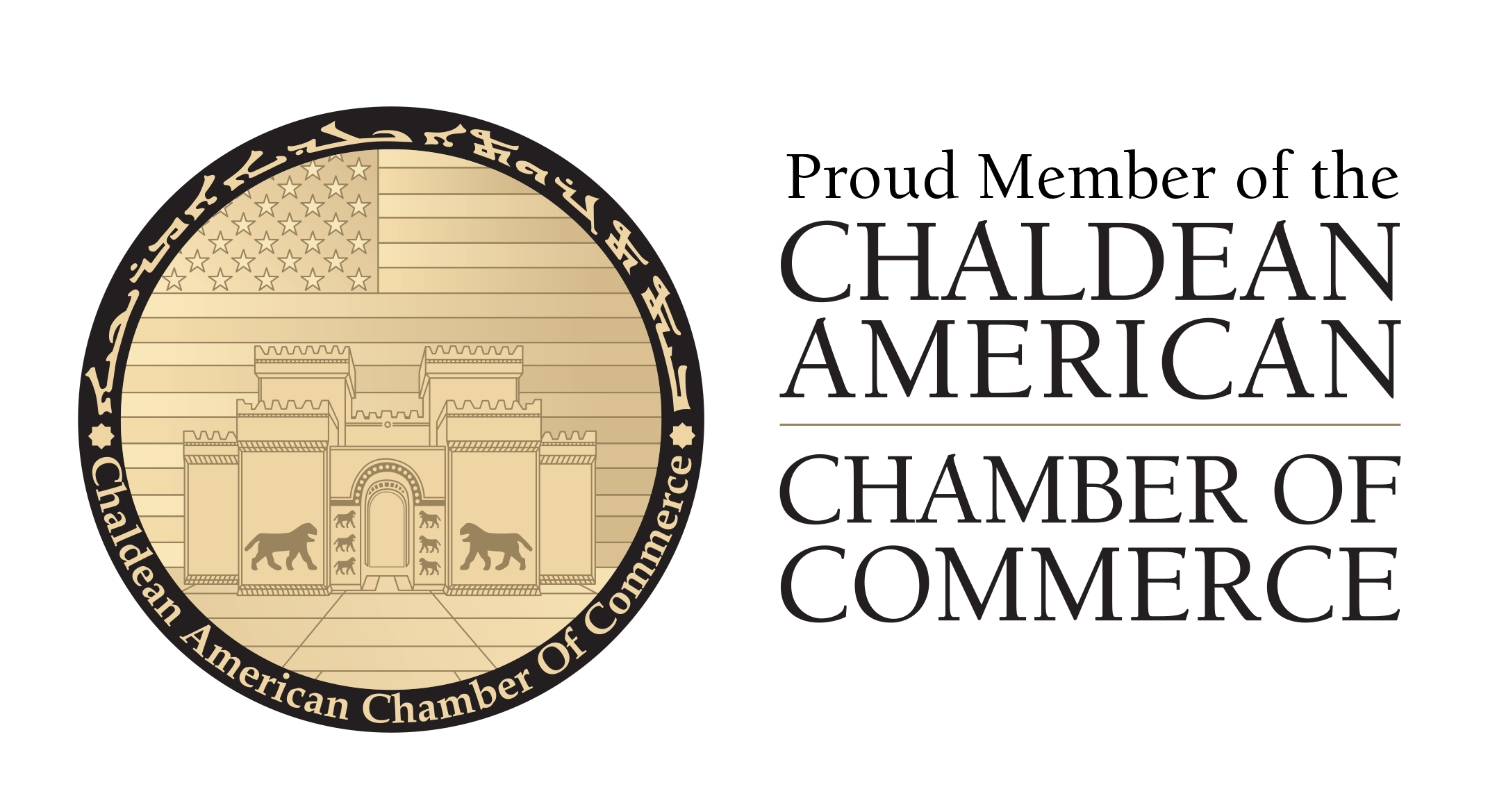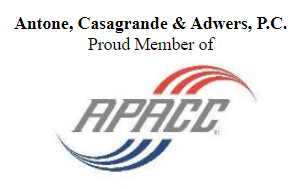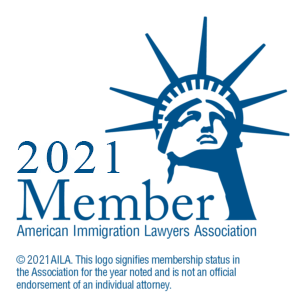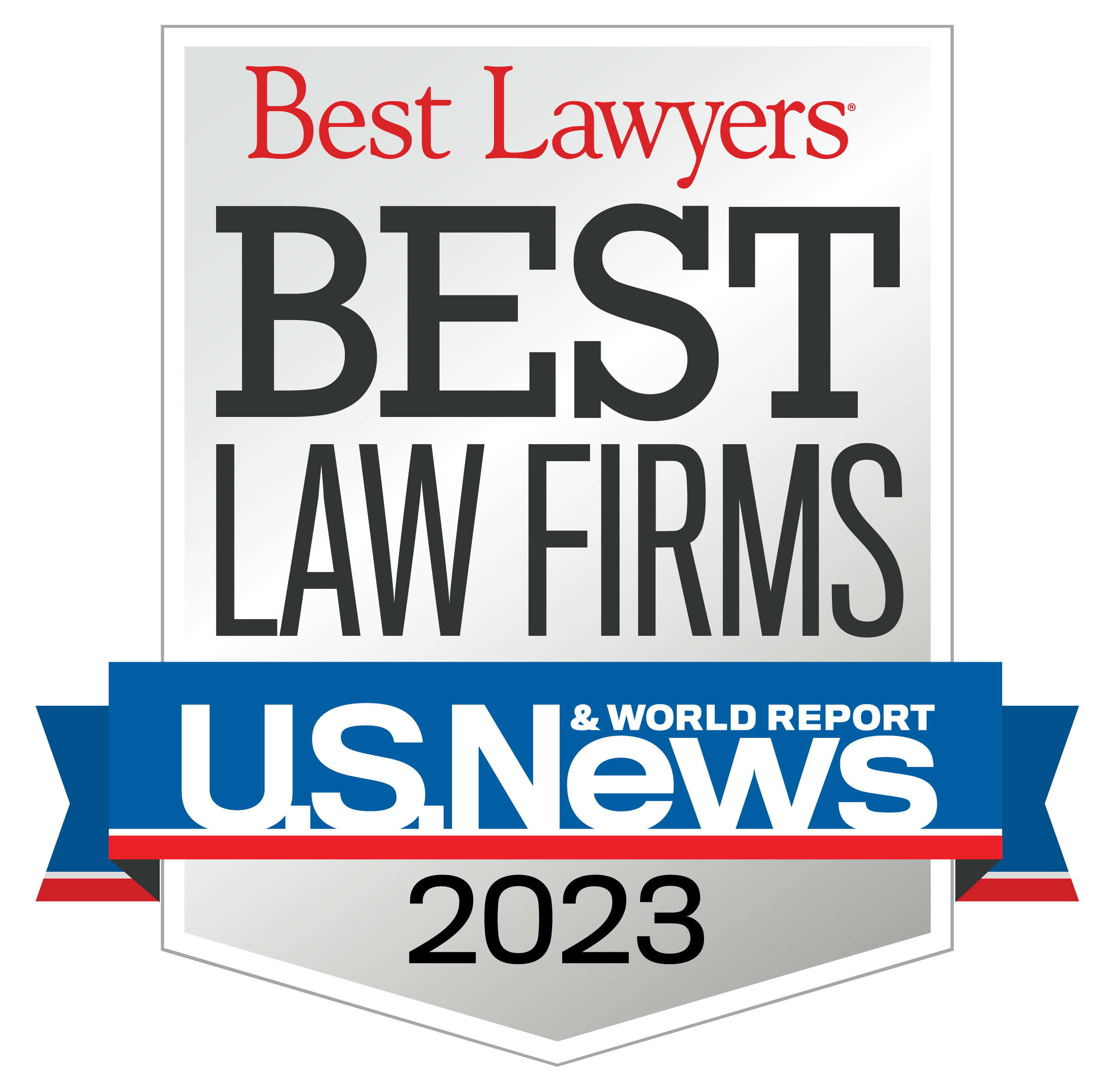The FY 2024 H-1B cap season is fast approaching, with the electronic registration process opening on March 1st, 2023 and closing on March 18th, 2023 for work beginning on October 1st, 2023. All new regular H-1B petitions will be subject to the annual 65,000 cap, with an additional 20,000 H-1B visas reserved for applicants who possess at least a master’s degree from an accredited U.S. university. The H-1B is a vital visa for U.S. employers to hire non-U.S. citizen professionals. Below is an overview of the application procedure and the potential use of the H-1B visa for U.S. employers.
Procedure For Applying
Employers should prepare for the first step in the H-1B cap process, the registration period, by compiling a list of the names of potential H-1B employees, as well as detailed job descriptions for each job position. Based on this information we can forward a checklist with information needed to review availability of the H-1B for an individual beneficiary and register eligible applicants in the lottery. Once the registration period has closed, U.S. Citizenship and Immigration Service (USCIS) should notify employers of the results by April 1st. Complete H-1B petitions must be submitted within 90 days of the selection notification.
If an employee is chosen in the H-1B lottery, the employer must first file a Labor Condition Application (LCA) with the Department of Labor. The LCA requires the employer to attest that the greater of (1) the actual wage level paid to all individuals with similar experience and qualifications for the job in question or (2) the prevailing wage level for the occupational classification in the area of intended employment is offered to the foreign national. The employer is required to provide notice of the LCA to the bargaining representative, if there is one. In cases where there is none, the employer must post the notice of the filing of the application in two conspicuous locations at the intended worksite for at least 10 days. After this attestation is made by the employer and the Department of Labor approves this, the actual application with U.S. Citizenship and Immigration Services may be made with the help of an experienced H-1B immigration attorney in our AV-rated Michigan based law firm.
When Is An H-1B Visa Appropriate?
The H-1B visa is appropriate in a variety of situations. For example, the H-1B might be filed for:
- Recent graduates in OPT status at any educational level.
- Previous college graduates who have returned to school and wish to reenter the workforce.
- Current TNs whose employer may wish to petition for LPR status.
- Current L-1Bs whose employer may wish to petition for LRP status.
- International company employees who have only worked overseas but now need to work in the U.S. on a full or part-time basis.
- Individuals who a U.S. employer wishes to hire with no prior affiliation with the petitioning employer.
- Individuals in any legal status in the U.S. who the employer may wish to employ.
How Does USCIS Decide to Grant An H-1B Visa?
There are two critical issues in analyzing if an H-1B visa is appropriate in a given situation. First, the foreign national must hold a bachelor’s degree (or the equivalent) that is traditionally professional in nature. Second, the position offered must be in a specialty (professional) occupation.
In cases where the foreign national’s degree is not considered the equivalent to a U.S. bachelor’s degree, it is possible to include relevant work experience. USCIS allows a foreign national’s experience and education to be combined and equated to the attainment of a baccalaureate degree from a U.S. institution for H-1B application purposes.
A specialty occupation is defined as one that requires theoretical and practical application of a body of highly specialized knowledge, and which typically requires a baccalaureate degree or its equivalent as the minimum requirement of entry for the position. This definition is unclear in many instances, and evidence often needs to be provided to USCIS to demonstrate that a particular position qualifies.
Once the Department of Labor certifies the LCA and the position and qualifications have been analyzed, the employer may file a petition for a non-immigrant worker with USCIS. The LCA and additional supporting documents should be attached to this application, including information about the employer and the job qualifications of the foreign national.
Once granted, the H-1B petition will be initially valid for the maximum period of three years and may be renewed for an additional three years. During that time, the foreign national may work as a professional in the U.S.
The H-1B category is one of the most popular non-immigrant work categories. The immigration attorneys in our Michigan AV rated immigration law office can assist you or your prospective employee in obtaining an H-1B work-related visa. Its appeal stems from both the dire need by U.S. firms to hire foreign talented professionals and the relative ease with which foreign nationals may qualify. A baccalaureate degree and professional position are the critical requirements to be eligible.
To learn more about H-1B cap season, reach out to our office today.









